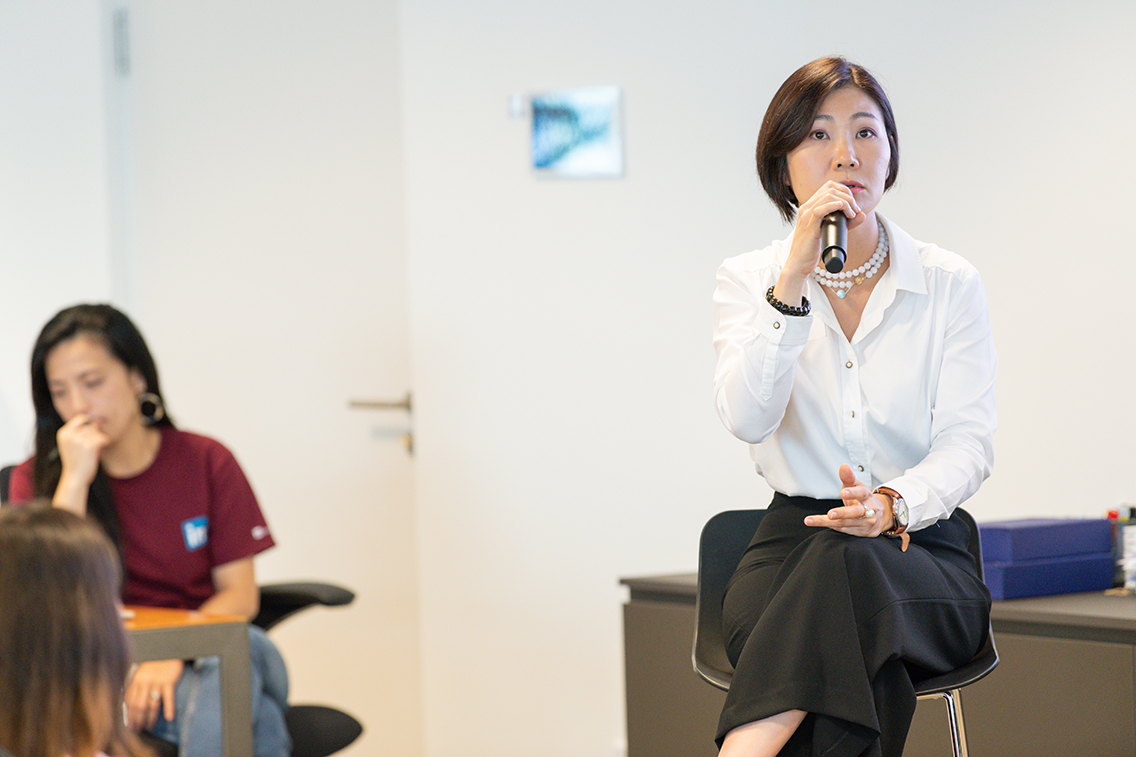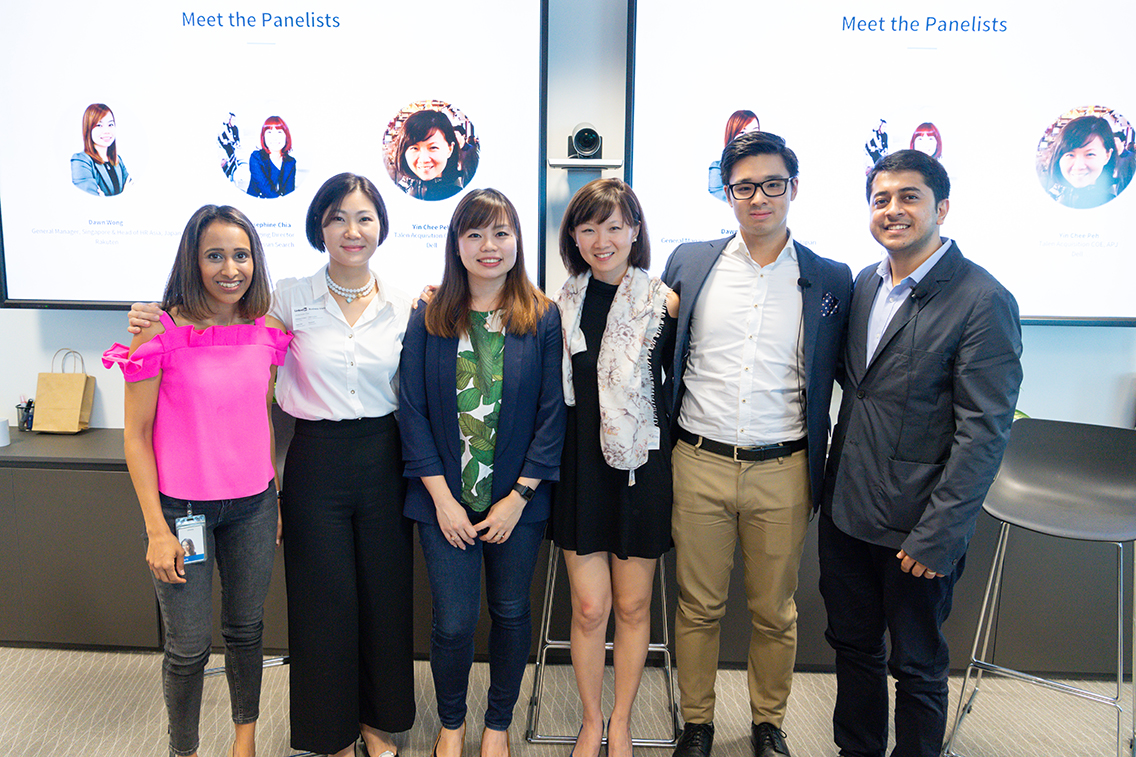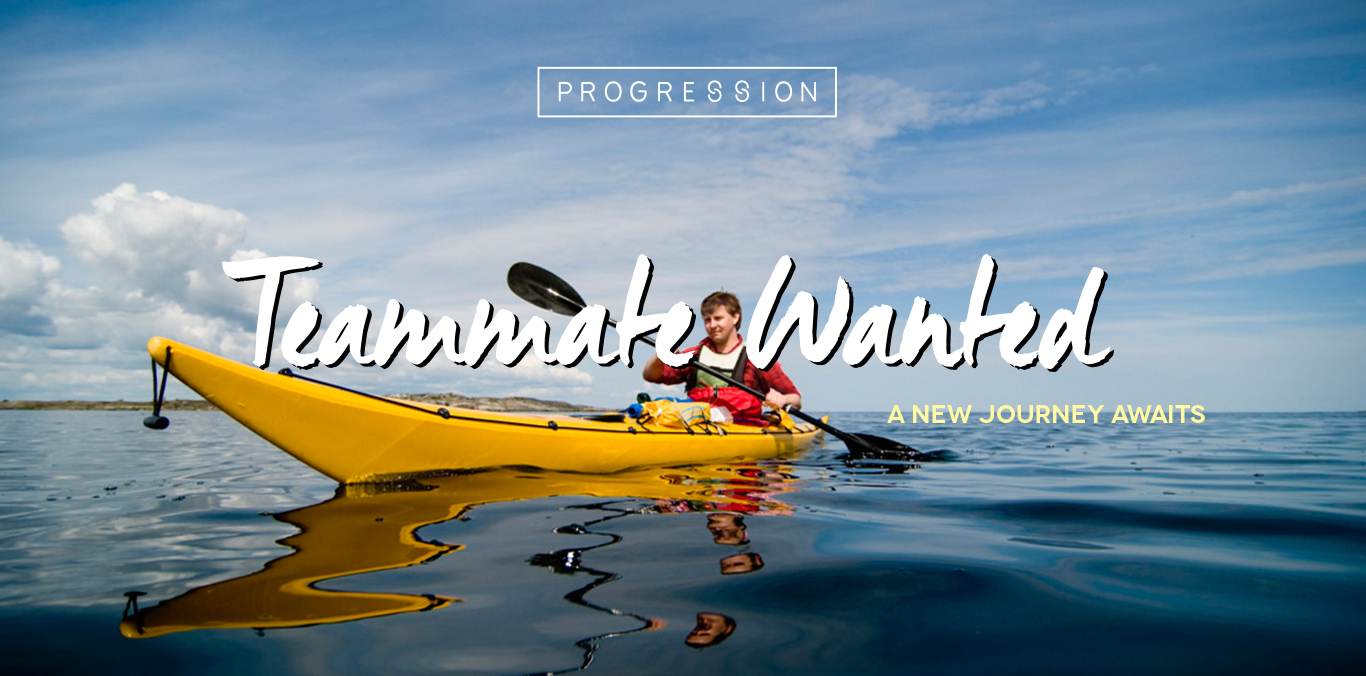Recently at a LinkedIn event, I was invited to share my two cents on the changing landscape of recruiting and how it all affects the parties involved. There were a number of interesting topics but the technology changes were a large part of the discussion, especially the effect of AI on this sector.
Technology is something very close to us as our DNA in Progression. We have pushed within our means to make technology work hard for us to make room for the important bits of the business - the face time with people. AI powered technologies, at this moment, is not a low-cost affair. I have chased a few possible solutions to reduce screening time, only to discover it comes in the range of some high 6-digit figure. Sharing thoughts about the changing recruiter, hiring manager and candidate landscape in the face of AI
Sharing thoughts about the changing recruiter, hiring manager and candidate landscape in the face of AI
Cost aside, keeping up with it is part of the deal; the rate of change will probably be faster in the next 10 years than the previous 10 years. Are recruiters going to be replaced? Are external agencies going to be really eliminated this time - the last hot topic being will LinkedIn replace agencies? Are you going to speak with a robot recruiter in the near future just like how Washington Post has their robot journalist and how China’s Xinhua has their AI new anchor?
LOOKING AT RECRUITING NOW
The truth is, just like how other trades are being affected, it will definitely affect recruiting. LinkedIn has already changed how people look for jobs and how recruiters source for candidates. As a recruiter, if your value is only having “exclusive access” to candidates, that advantage is disappearing very fast as more talent pools get connected virtually.
In the same way, since every hiring manager and their HR are able to ping a potential candidate in seconds (and also disappear just as quickly sometimes), an average candidate can get 20 pings a week. It’s no wonder candidates are getting very discerning about WHO they speak to about a potential career switch.
Having access to a potential candidate does not equate to being able to hire that candidate. Simply because there are A LOT more complexities to hiring than just seeing names on a platform.
RECRUITING PROBLEMS AND WILL AI FIX IT?
Top 3 recruiting issues
- Recruiters (both agency and in-house) are really stretched, chances of things falling through the cracks are high
Can AI fix this? Potentially. Especially in the sourcing/screening stage. Screening of hundreds of profiles is no joke. AI can definitely help in shortlisting via automated Q&A, video filtering, profile test filtering, you name it, to get to that manageable 10-20 candidates so that you get ready to pitch. It can fix interview scheduling and the ridiculous amount of time it takes, some 4-8 weeks, losing many candidates in the process.
In fact, this was one of the key reasons our sister company Astarel developed Mathilda - an interview engagement platform created to make interviews really awesome, where one of many features is the self-service interview scheduling. - Unrealitic expectations from hiring companies
This results in long hiring cycles, major candidate dissatisfaction and provides little incentive for agency recruiters to do a good job. It is becoming commonplace for a hiring manager who think if they are from a “hot” company, they are in a position to command 10 interview rounds, ask for 10 must-have qualities and the candidate should ideally take a pay cut because of the “potential” of the role. Or since there are a lot of retrenchment going on, surely I can find my perfect hire.
We have seen roles that took seeing 200+ candidates and 12 months for them to come to a conclusion that maybe there is no such person in the market. I believe AI can help here - no, not producing that perfect hire but informing you that there is “no such candidate” much earlier without sacrificing so much time, productivity and negative candidate experience.
3. Bad candidates experiences abound, still subjected to “Don’t-Hear-Back”
There are those who are flooded with too many new opportunities (every hirer seemed to think they are the only one reaching out to them) and there are those who apply for every job posting on LinkedIn without much consideration for suitability.
I know a recruiter who tried his best to reply to 500+ applicants for each role for years, to the point where he got burnt out, quit the trade and went on to do something else. Someone once said to me: They apply because they can - technology made it so easy to do so.
I think AI can try to fix this: Apply filters before the application can be made, but we have to be be very careful it doesn't vet out potential candidate whose CV has no direct experience but has good transferable skills to do the job?
Going for interviews is a risk because nowadays everyone seems to have little discretion for candidates' confidentiality. Can AI solve the lack of discretion or integrity?
Then there are the “Don’t-Hear-Back” situations. You can bet your last dollar that unless you are the person they want to offer, you most likely do not have a call back. In fact, this is a #1 complaint in a recent survey we did where 66% of the respondents rated “Don’t-Hear-Back” as the number 1 pet peeve in job seeking. I personally believe that once there is an interview, the candidate needs a proper closure. It is fair since they put in the effort to prepare. But responding to hundreds of applicants per job is close to impossible and that's also one of the things Mathilda cover. Nothing beats a call, but when that is not feasible, at least a personal email brings a needed closure.
HOW MUCH DO WE TRUST IT
Will AI help you make a hiring decision? Maybe. Do you trust it though? Just like would you trust an robot judge or a heart surgeon?
Will AI change clients' expectations of the talent pool to be more reasonable? I can imagine some clients going overboard with robotic screening and reducing the amount of human interface, even increasing the number of rounds, just because technology allows it easily, without thinking through the experience of a candidate.
In short, with AI, you can have all technical advantages but you still need to know how to harness and apply these tools, when and where to use them. Logic of why you use a tool, is still needed.
FINAL NOTE
I’m not sure if a robot can replace a good human recruiter in the near term. While I always love productivity in technology, I think AI development will come at a cost and it’s a social cost. But we will have to work with one eventually, just when. We will definitely be seeing more Veras.
But there’s a human bond divide here to address. There are now AI programs developed to reproduce a Rembrandt painting. But would you prefer to own that if you have the chance to own the real masterpiece, painted stroke by stroke with all the beauty and vulnerability of human emotions? Similarly, would you prefer to share your plans, motivations, dreams with a robot recruiter?
The human recruiters have to step up, too. LinkedIn has already removed the advantage of intermediaries’ access to networks. AI will just up the game for us, for hiring managers and in-house HR, to bring more authentic value to the job/candidate conversation as candidates have more CHOICES and more VOICES.
 From left to right: Aarti Thapar (Head of Customer Success, APAC), Josephine Chia (MD,Progression), Dawn Wong (GM - HR and Admin, Rakuten), Yin Chee Peh (TA, COE - APJ, Dell), Dennis Lam (Sr. Customer Success Manager, LinkedIn) and Niraj Vasani (Sr. Customer Success Manager, LinkedIn).
From left to right: Aarti Thapar (Head of Customer Success, APAC), Josephine Chia (MD,Progression), Dawn Wong (GM - HR and Admin, Rakuten), Yin Chee Peh (TA, COE - APJ, Dell), Dennis Lam (Sr. Customer Success Manager, LinkedIn) and Niraj Vasani (Sr. Customer Success Manager, LinkedIn).
Written by: Josephine Chia

